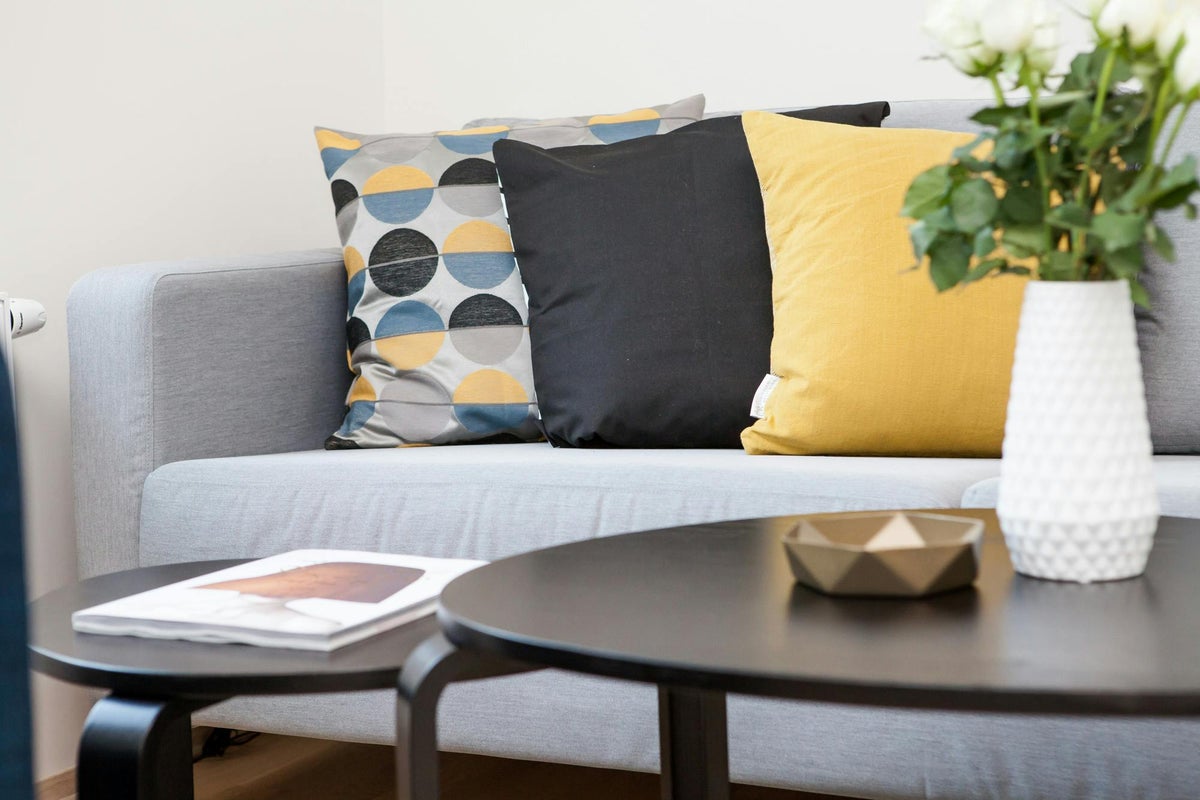The Unattainable Dream? Rethinking Homeownership in Canada
The general narrative around homeownership in Canada paints it as a far-off dream for many—a luxury that feels increasingly out of reach. Roughly 80% of Canadians, spanning baby boomers, generation X, millennials, and generation Z, view owning a home as a luxury.
The housing market's challenges go beyond affordability: 78% of Canadians believe that the inability to buy a home exacerbates the wealth gap, and 66% of gen Z are considering delaying starting a family due to the lack of appropriate housing. But what if homeownership doesn’t have to be unobtainable? What if, instead of being an elusive luxury, it is approached as a necessity for building lasting generational wealth?
The Case for Homeownership: A Path to Wealth
Owning a home can provide returns that rival, if not exceed, traditional investments. Consider this: over the four-year period from 2019 to 2023. Young families whose main income earner was under 35 that owned a home, the median net worth increase was 220% to $457,100 in 2023 from $142,800 in 2019. That is an annual increase of 33.76%. to Compare that to broad market indices like the S&P 500, which typically deliver annual returns of 10-12%.Families who didn't own a home only increased 65% to $44,000 from $26,700 in the same timeframe. For those willing to enter the market, homeownership is more than a financial transaction—it’s a cornerstone for building wealth, stability, and opportunity for future generations.
Breaking Into the Market
Admittedly, the median home price in Canada—$795,540 in Q3 of 2024—can feel insurmountable. However, breaking into the market doesn't always require hitting that median. In places like Prince George, more affordable options exist, providing a stepping stone into the incredible potential returns of real estate.A Real-World Example: Recently Sold Investment and Its Numbers
A recent duplex I sold, priced at $370,000, the upfront cost with a 5% down payment is just $18,500. The monthly mortgage payment was approximately $2,054.83 (based on a 5% annual interest rate over 25 years), with additional expenses such as property taxes ($331.50/month), home insurance ($125/month), and utilities ($350/month) bringing total monthly costs to $2,861.33. However, the rental market in this area can generate between $1,300 and $1,600/month, and using a mid-point of $1,450/month in rental income, your effective monthly cost drops to just $1,411.33. At this reduced amount, homeownership becomes not only comparable to renting but also a pathway to building equity and long-term wealth through property appreciation. In addition, if you were to purchase this property purely as an investment, that would mean to rent both sides, would put you in a cashflow positive position to hold for a long term investment with no money coming out of your own pocket month to month. This wasn't 10 years ago, this was 2024, and goes to show the barrier to entry isn't as far as you may think.


